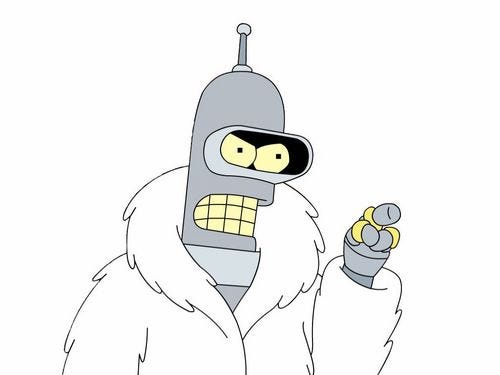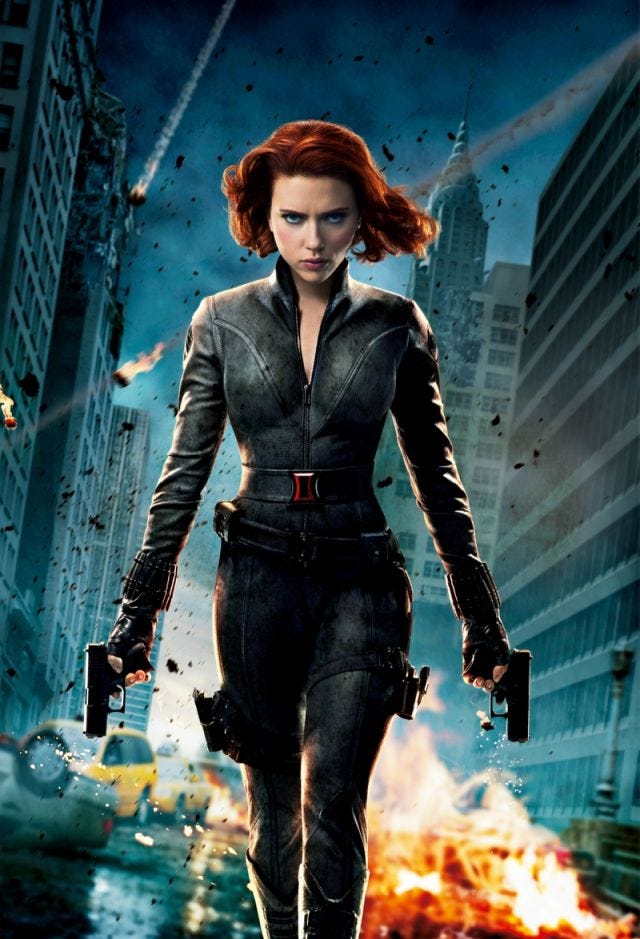So What, Who Cares (vol 2, issue 107) Why we don't have to fear the rise of the robot overlords just yet

Hello! As covered previously, the California drought has rendered several rivers and lakes very shallow, and due to the decreased depth of the water, those rivers and lakes are now much warmer (vol 2, issue 18). This isn't good for the fish, which is how you get 80,000 pounds of rainbow trouts trucking across the state to cooler waters. I am no fan of either drought or environmental collapse, but I do love a good story about fish on the highways, including great white sharks.
So please feel free to send me any and all stories you run across on the vital "fish on America's highways" beat -- I am always available via Twitter and email.
Reminder: I will be taking an end-of-summer break from So What, Who Cares? from August 24 to September 4, but will mark la rentrée with a Labor Day issue on September 7.
*

The so-called "Minimum wage offensive," where workers are lobbying to boost wages at low-paying jobs across the country, is being used as a reason for fast-food and quick-service restaurants to begin experimenting with eliminating human workers in favor of tablet or kiosk-based ordering. Other restaurant jobs that are being eyed for elimination via automation: sushi chef (robots can roll out the nori and rice much more quickly); fast-food meal assembly; delivery driver.
Why target labor as a cost-cutting measure? Because it's easier than targeting the skyrocketing costs of real estate or food ingredients. (Wholesale food prices have gone up 25% in the past five years.)
So what? We were warned this was coming (vol 1, issue 14): When people ask for higher wages, companies start asking, "What part of your job can we automate?" Automation may not sit well with customers who want a human touch. But that is either a cost of doing business or a competitive differentiator, depending on the specific business and the customer they want to reach. As the Washington Post reported:
[Fatburger CEO Andy] Wiederhorn said. “We’re selling hamburgers shakes and fries, and [customers] want to talk to somebody and say, ‘Here’s how I want it.’ So I think in the hospitality industry, to assume that technology will take the place of workers is a false assumption.”
Who cares? People who make robots care: They've got to make money somehow and that DIY crowd is a whole different market than, say, a worldwide fast-food chain (vol 1, issue 29).

Also: this is yet another sign of the widening gap in the worldwide labor market. Remember, the Economist wrote that a technological revolution "is disrupting and dividing the world of work on a scale not seen for more than a century. Vast wealth is being created without many workers; and for all but an elite few, work no longer guarantees a rising income."
The rise of automation is going to wipe out low-skill human labor (vol 1, issue 28; vol 1, issue 61; vol 2, issue 25; vol 2, issue 56; vol 2, issue 80).
So the real lesson here is that people can get, and stay, employed by working on the "human" angle of human labor. As Ann Friedman points out in the difficulties of picking out the proper produce for an Instacart customer:
[T]he app economy can create decent, flexible, stable, and even middle-wage jobs, ones that require some finesse and expertise — not just ones where coglike contract workers make less than the minimum wage.
Now we just have to hope nobody invents a robot who can handle an order like Sally Albright's.
*

Your pop-culture note of the day: So I just saw Ant-Man (I know, I know ... it took a while to take a day off work and see a mid-day matinee as is only right and proper in the summer), and while I have a lot of thoughts about how quietly good and different this film is from the rest of the Marvel cinematic canon, I am saving those for an upcoming episode of "Phil and Lisa Ruin the Movies."
But I do want to point you all to "Captain America: Civil War' and What's Next for the Marvel Movie Formula," because the tone of weariness toward the likely speculation that will swirl around every movie is darkly funny:
2017 sees Sony's Spider-Man reboot, which has an air of "Will anyone still care?" after the earlier attempts at making the character work, as well as two relatively sure things, Thor 3 and Guardians of the Galaxy 2, and then 2018 plunges the studio into a risky gamble maelstrom: Black Panther ("Can Marvel sell a black action lead to mainstream audiences?"), Captain Marvel ("Can Marvel sell a female action lead to mainstream audiences?") and Avengers: Infinity War Part 1 ("Have audiences had enough of these superheroes by now?").
It's a refreshing hype inoculation, especially since it's slightly bonkers to ask "Can Marvel sell a female action lead to mainstream audiences?" You could easily argue that we've already had four movies with one:
Iron Man Two ("Black Widow and the raise she'll be getting after the Tony Stark job")
The Avengers ("Black Widow: Now there are FIVE of these chuckleheads I have to keep track of?")
Captain America: The Winter Soldier ("Black Widow asks: Cap, you know you can also land aircraft on solid ground, right?")
The Avengers: Age of Ultron ("Black Widow is clearly the brains of the Avengers, not the two dinguses who thought a self-replicating, mass-murdering robot was a good idea")
We've covered why Black Widow is likely never getting her own movie in vol 1, issue 42.
Which female action hero deserves her own franchise? Any and all suggestions welcome via Twitter and email.
*
A NEW MONTH, A NEW FOOTER: Here's a free and easy way to show people you like them -- send them here to subscribe to So What, Who Cares? You can plumb the archives here. You can always reach out to me via Twitter or email. You can go where you want to/ to a place they'll never find/ and we can act like we come from out of this world/ and leave the real one far behind.

